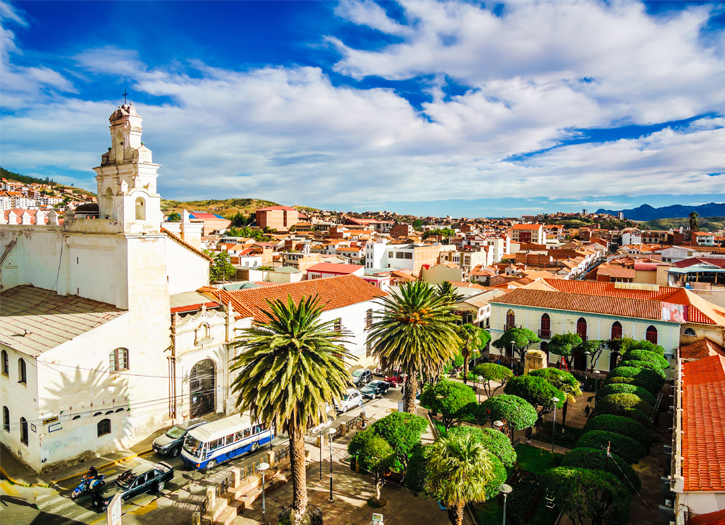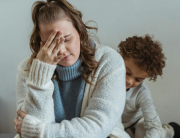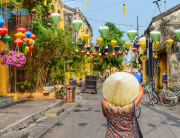The virus was confirmed to have spread to Bolivia on 10 March 2020, when its first two cases were confirmed in the departments of Oruro and Santa Cruz .On 12 March, Bolivia suspended all public school sessions until 31 March, as well as all commercial flights to and from Europe indefinitely. They also prohibited large-scale public gatherings of more than 1,000 people. The case fatality ratio for COVID-19 has been much lower than SARS of 2003, but the transmission has been significantly greater, with a significant total death toll.
Measures implemented with the Pan American Health Organization included support for the implementation of detailed procedures in a guide to the surveillance of unusual respiratory incidents.The Ministry of Health set up free hotlines at 800-10-1104 and 800-10-1106 to inform people about symptoms and allow them to ask questions about the virus. On March 17, President Jeanine Áñez announced the following measures, to be in effect from March 19 to 31. All international flights suspended.Interdepartmental and interprovincial land transport suspended. Only merchandise can be transported.
As a result of the six confirmed cases, the city of Oruro declared a 14-day quarantine beginning on 16 March.The same day, the government announced that there would be criminal punishments for anyone who sabotaged healthcare, due to incidents of blocking access to healthcare centers for suspected or confirmed COVID-19 patients. On 14 March, Interim President Jeanine Áñez prohibited anyone coming from China, South Korea, Italy, or Spain to enter the country.Starting on 18 March 2020, this will be extended to cover all of Europe, including Great Britain and Ireland, as well as Iran.
President Áñez announced the closure of Bolivia’s borders to all foreign nationals – effective as of 19 March. Additionally, as of 20 March, all international flights will be suspended, and domestic travel between departments and provinces will be prohibited. On 20 March, the government of Santa Cruz declared a quarantine for Porongo, starting at noon and lasting 14 days.The minister of health did not rule out taking measures with greater impact in the coming daysOn 29 April, Áñez announced that the total quarantine will remain until May 10 and a ‘dynamic’ quarantine will be applied, with relaxations on least affected regions from May 11. The borders will remain closed until May 30.
The city and department began mandatory social distancing measures on 16 March. A further 65 contacts and family members of those were infected were confined to their homes, but showed no symptoms of the disease.As of 25 March, the first Oruro patient was no longer showing symptoms and had test negative for the disease twice; doctors expect her to be declared Bolivia’s first recovered COVID-19 patient. The first case to be tested positive in Potosí was announced on 25 March. Regional health authorities that this patient is a 69-year-old woman. She was infected by her son, a transport driver who had recently been in Chile. The driver had not disclosed his symptoms and was, according to the health authorities, treated privately by family members who are physicians.
Bolivia’s health minister Marcelo Navajas has been arrested on suspicion of corruption related to the over-priced purchase of ventilators to fight COVID-19. Bolivia bought 179 ventilators from a Spanish manufacturer for $27,683 each, costing almost $5 million. It later transpired that the manufacturer was offering ventilators for 9,500-11,000 euros each ($10,312-$11,941) Despite these arrests, the Bolivian mixed commission of investigation continues to search for reasons that explain how this could have happened, and has issued summons across levels of the Bolivian government .
Among those asked for there testimony are Bolivian Minister Karen Longaric and Harvard scientist, Mohammed Mostajo-Radji , the Bolivian Ambassador for Science, Innovation, and Technology to the UN . While, no criminal charges were levied against Mostajo-Radji, inconsistencies between his earlier testimony where he claimed complete ignorance of the purchase, and public statements in April where he claimed responsibility for overseeing the purchases of the respirators led prosecutors to ask for further information.However, in spite of these calls from prosecutors, and the continuing pandemic, Mostajo-Radji left Bolivia for the United States in June 2020 and has yet to testify.







Add Comment